Question And Answer
Publications
Articles, publications, books, tools and multimedia features from the U.S. Institute of Peace provide the latest news, analysis, research findings, practitioner guides and reports, all related to the conflict zones and issues that are at the center of the Institute’s work to prevent and reduce violent conflict.
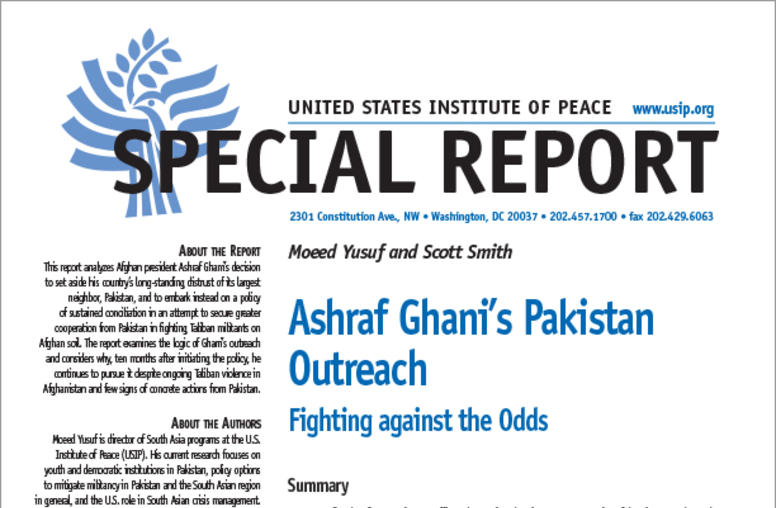
Ashraf Ghani’s Pakistan Outreach
Shortly after entering office at the end of 2014, Afghan President Ashraf Ghani embarked on a bold but controversial policy of sustained conciliation toward Pakistan, with the goal of securing greater cooperation in securing a comprehensive peace with the Afghan Taliban and integrating Afghanistan into the regional economies. Pakistan's tepid response to date, however, has left Ghani politically vulnerable, with his opponents attacking his outreach effort. Time is of the essence. Without mea...
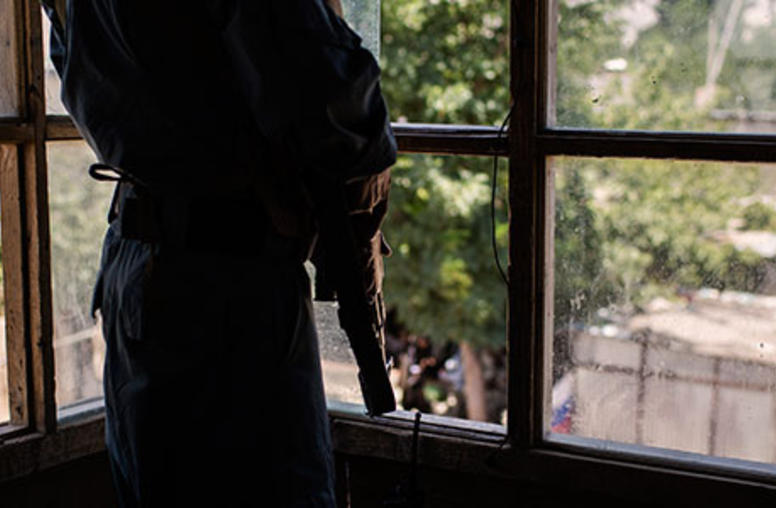
To Help Afghanistan Survive, Narrow the Focus
Afghanistan’s Taliban are trying to defeat the government in this first year following the U.S. military’s withdrawal from combat operations, and their surge in attacks has driven the rate of army and police casualties at least 65 percent higher than last year. Still, a focused strategy can help the government survive, USIP experts say.
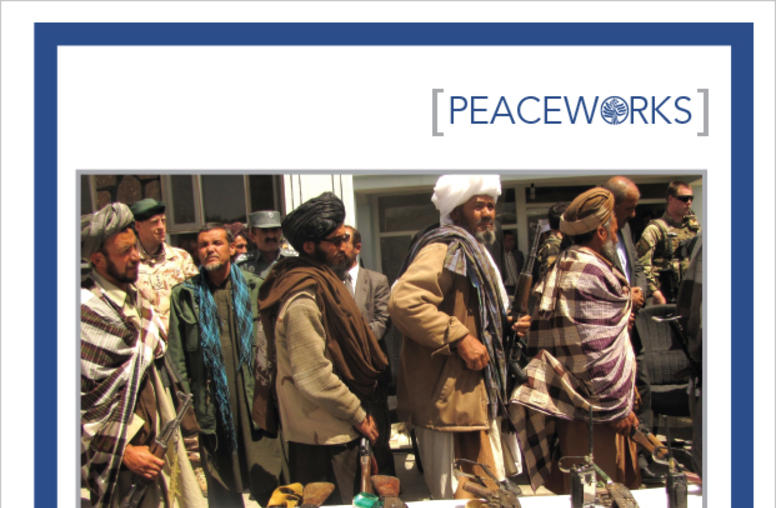
The Politics of Disarmament and Rearmament in Afghanistan
Four international programs designed to disarm, demobilize, and reintegrate militias in Afghanistan since 2001 have largely failed. They have instead largely reinforced existing power relations. Perhaps their gravest impact has been to deepen patterns of political exclusion that underlie much of the violence that have driven support for the insurgency. Demilitarization, this report makes clear, is only part of a wider political process, both with Taliban leaders and between pro-government fac...
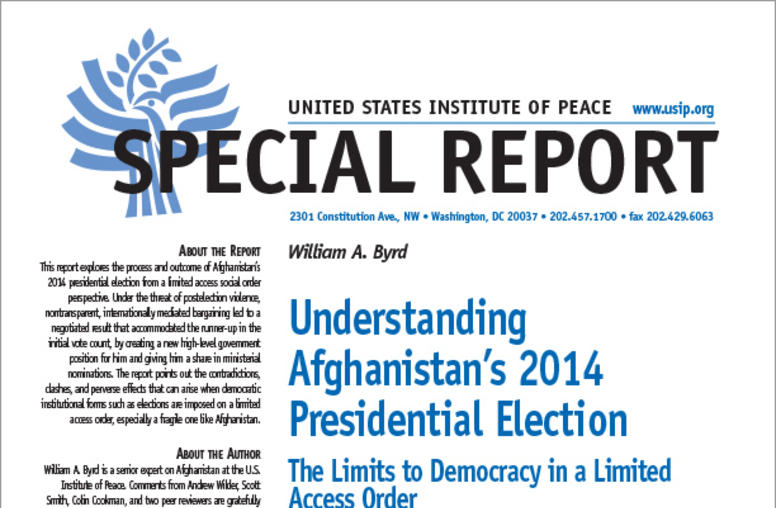
Understanding Afghanistan's 2014 Presidential Election
Afghanistan’s 2014 presidential election did lead to its first peaceful transfer of power. The process, however, was scarcely democratic. This report explores the election and its internationally mediated unity government outcome. Elections—when they can even be held in fragile and conflict-affected situations—tend to be more destabilizing than stabilizing. The overall lesson, as this report makes clear, points to certain critical needs for such countries: a better understanding of inherent i...
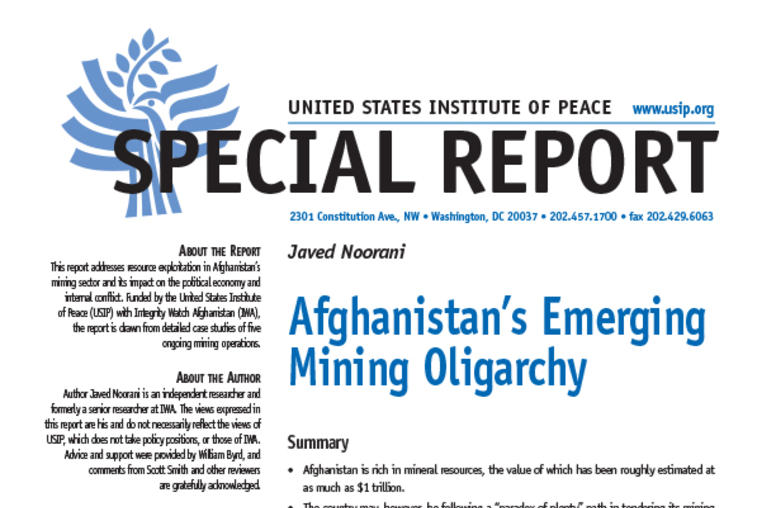
Afghanistan’s Emerging Mining Oligarchy
Rich in natural resources—ferrous and nonferrous metals and strategic minerals in particular—Afghanistan faces a dual threat as international troops withdraw and international aid declines. On the one hand are inadequate government revenues. On the other is the resource curse that affects so many low-income countries. This report, drawn from case studies of five ongoing Afghan mining operations, addresses resource exploitation, its impact on the political economy and internal conflict, and po...
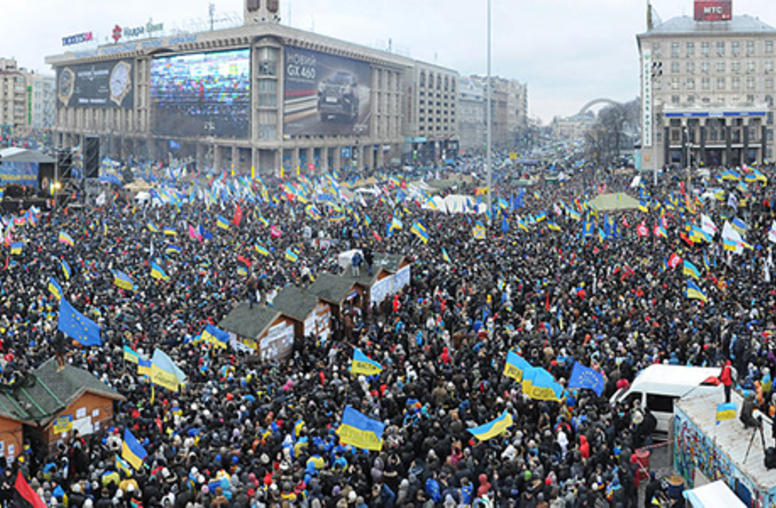
Ukraine-Russia Conflict Colors View of Civic Roles in Central Asia
Ukraine and the countries of Central Asia wouldn’t seem to have much in common other than their former Soviet past. But post-Soviet Russian ambitions may be linking them in unexpected ways. The outcome of Ukraine’s current effort to consolidate its democracy, against Russia’s resistance, has ramifications for whether the Central Asian countries view civil society and democracy as a driver of instability or a force for reform.
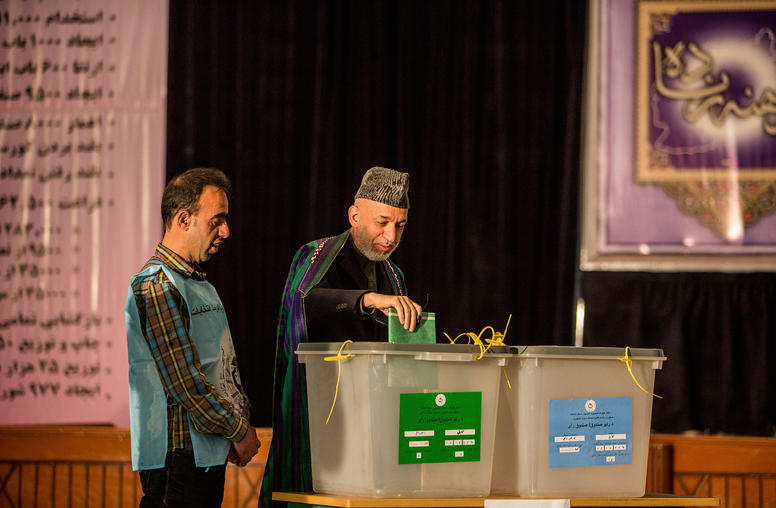
Karzai: What Will History Say?
Years of suspicion and acrimony between the U.S. and Afghanistan’s President Hamid Karzai likely will give way to a more generous reading of his tenure in the history books, according to a former United Nations official and a retired American general who led international forces there.
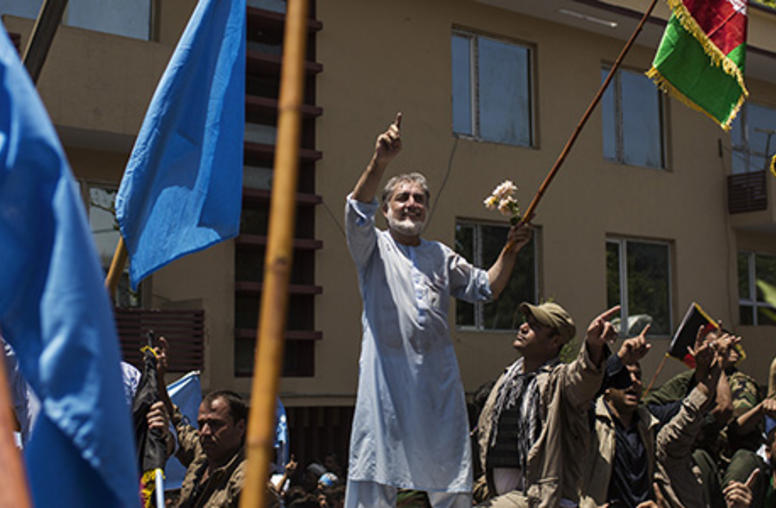
Afghans Still Enthusiastic About Vote
After the first round of voting in the presidential race in Afghanistan, where over 7 million Afghans went to the polls on April 5, 2014, a handful of political pundits and interest groups urged the two leading candidates, Dr. Abdullah Abdullah and Dr. Ashraf Ghani Ahmadzai, to make a deal to avoid a second round scheduled for June 14. President Karzai played an active role in brokering between the candidates and the political elite. A range of arguments were put forth on behalf of such a dea...
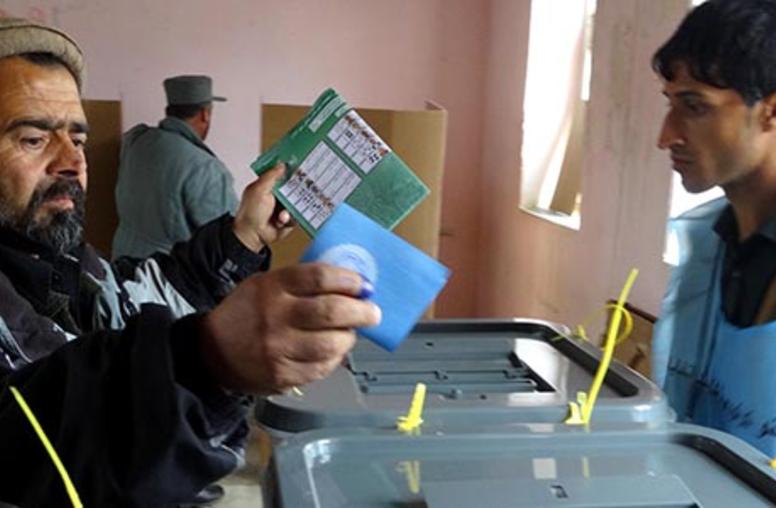
Let Afghan Voters Finish the Job
Kabul has been full of rumors about an attempt to reach a "political deal" in order to avoid a second round of voting required by the constitution. Strangely, most of the commentary in the western press has treated such a deal as if it would be desirable. We believe it would be a huge mistake.
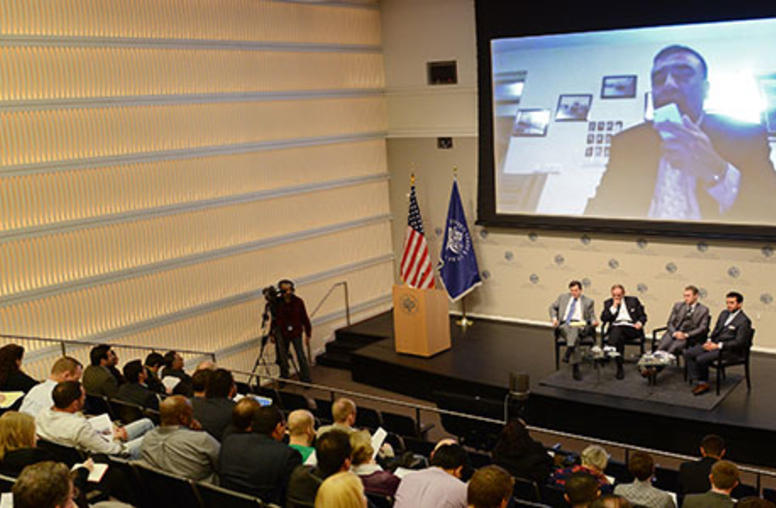
Next Steps for Afghanistan
“The Afghan people voted for change. Change in life, in educational and employment opportunities, in better governance,” Shahmahmood Miakhel, USIP’s Afghanistan country director and former Afghan Deputy Minister of Interior, said at a USIP event First Impressions of the Afghan Elections on April 9.